Personalize and manage Examples Business Forms in a few simple clicks. See and get form templates and effortlessly edit them with DocHub flexible editing tools.

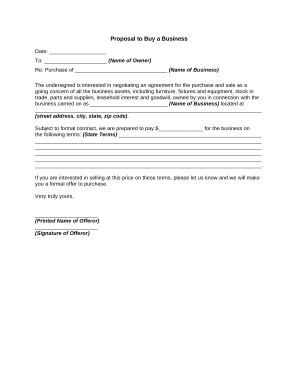
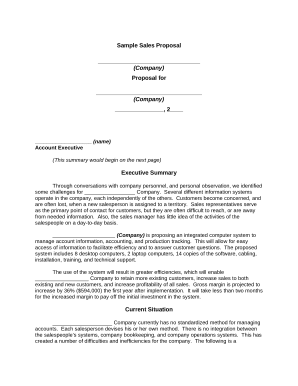
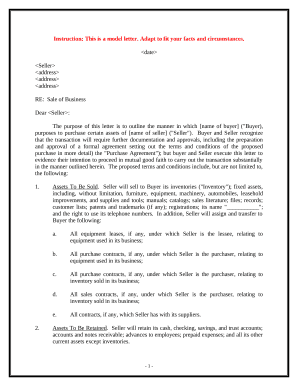
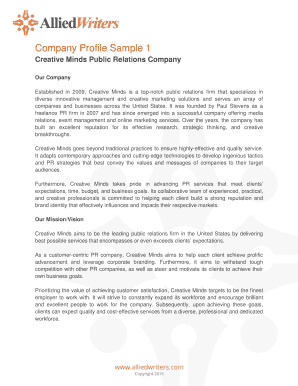
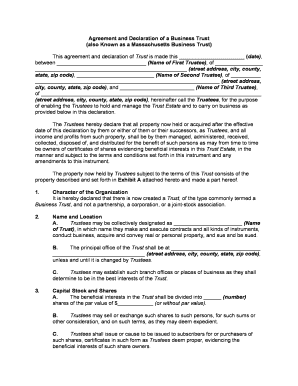

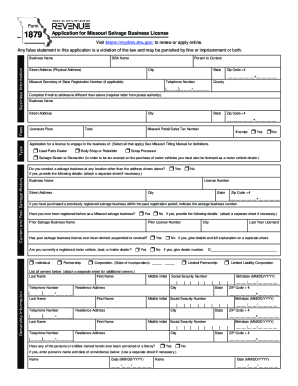
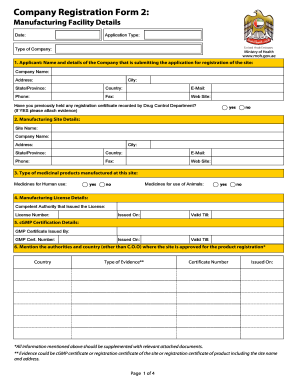
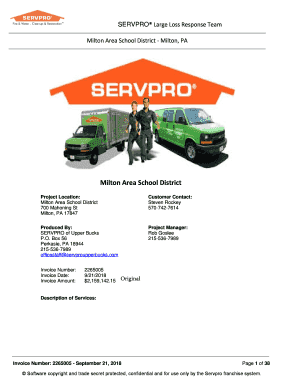
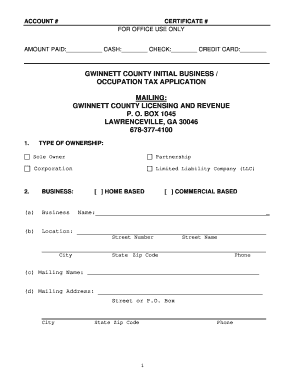
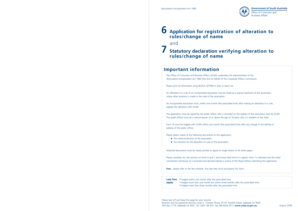
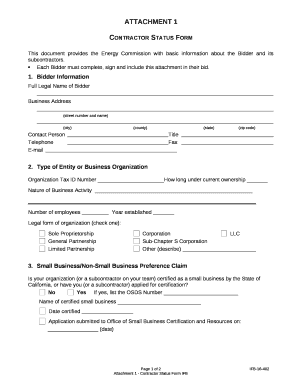
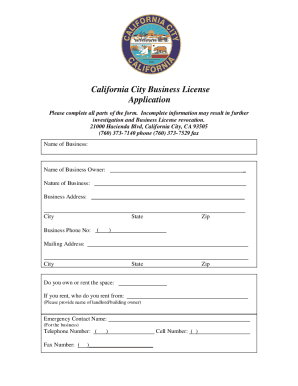
Record managing occupies to half of your business hours. With DocHub, you can easily reclaim your time and boost your team's productivity. Get Examples Business Forms category and investigate all templates related to your everyday workflows.
The best way to use Examples Business Forms:
Improve your everyday file managing with our Examples Business Forms. Get your free DocHub profile today to explore all forms.